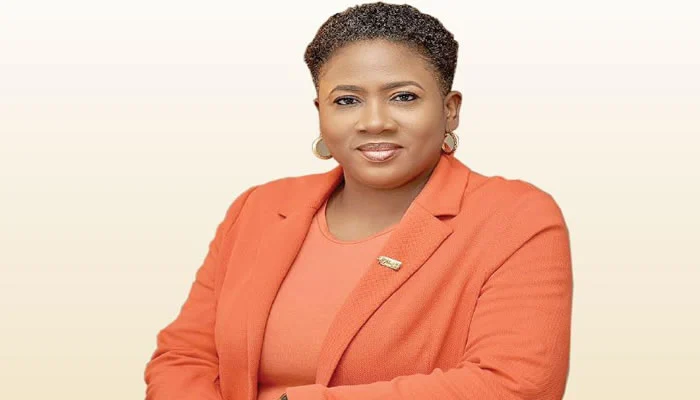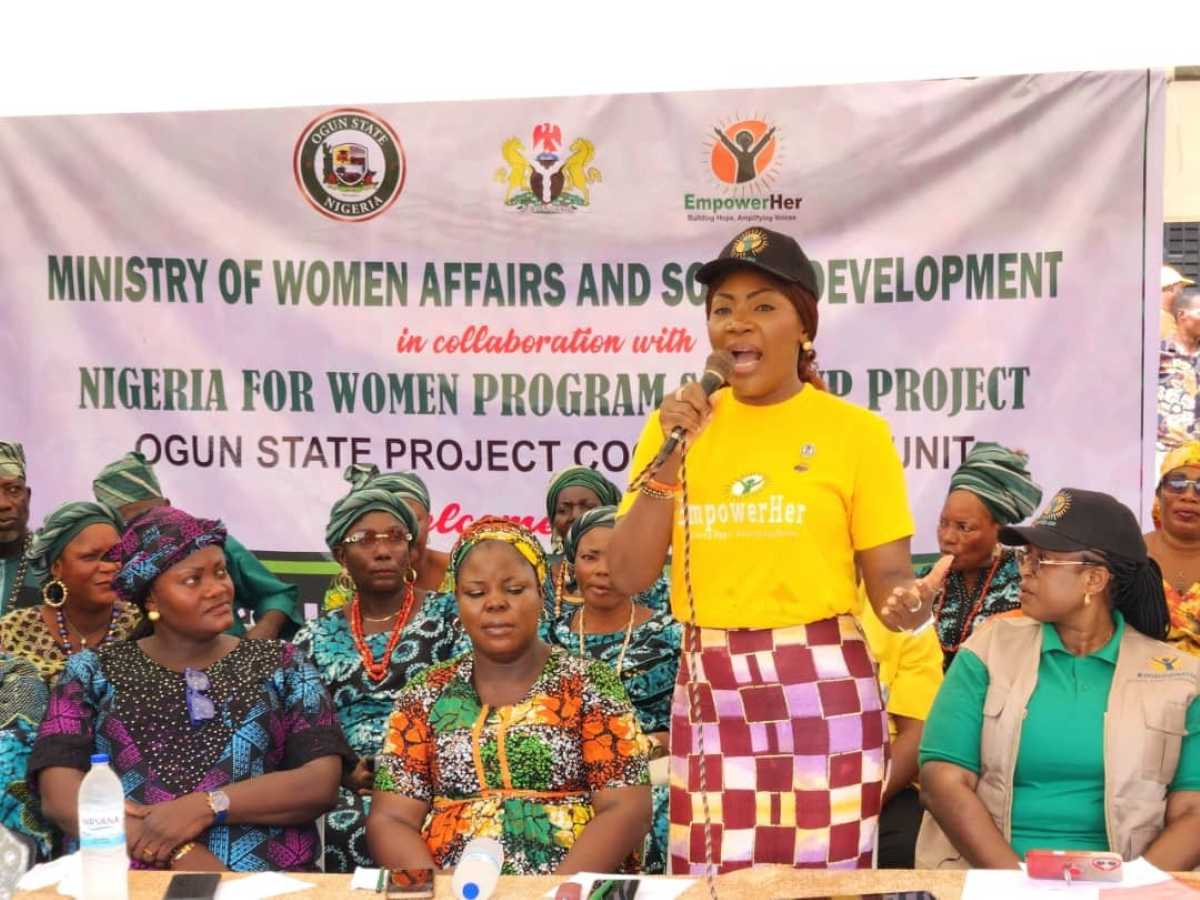
The Coalition of Northern Groups (CNG) Women Wing, in partnership with civil society organizations (CSOs), on Tuesday called for the implementation of gender-sensitive tax policies in Nigeria.
The group reaffirmed its commitment to ensuring that the voices of Northern women are represented in shaping policies that affect their lives and livelihoods.
National Leader of the Coalition, Pamela Nankling Nanle, made this appeal during a stakeholders’ town hall meeting at Mumbayya House in Kano State. Themed “The Position of Nigerian Women on the Controversial Tax Reform Bills,” the event highlighted the implications of the proposed tax reforms, particularly for women in Northern Nigeria, and explored equitable alternatives.
In a statement, Nanle outlined several critical issues associated with the proposed tax reforms and called for initiatives to address them, including financial literacy, access to credit, and business development to mitigate the effects of these reforms.
She said: “This town hall meeting in Kano, the economic hub of the North, was organised to inform women and record their perspectives on the current tax reform proposals. The Coalition is determined to ensure that Northern Nigeria’s interests and opinions are considered while proposing ways to refine the reforms for all stakeholders.”
Nanle pointed out that many Nigerian women face challenges with economic dependency, limited access to loans, and financial services. Tax hikes could further restrict women’s ability to access capital for businesses or personal growth.
She also advocated for gender audits before implementing reforms to assess their potential impacts on marginalized groups, adding,
“The need for gender representation in tax policy development is paramount to ensure that policies are not just equitable but also account for women’s unique socio-economic challenges.”
“Civil society organisations have stressed the importance of conducting gender audits before implementing major reforms to assess the potential impact on women, especially those from marginalised communities.
“Support for Women Entrepreneurs:Advocacy for tax exemptions or reduced tax rates for women-owned businesses, especially those in the informal sector, has gained momentum. This would help support women entrepreneurs by easing the financial burden and allowing them to reinvest in their businesses.
“Additionally, promoting women’s access to financial literacy programmes, micro-credit, and business development support can help mitigate the adverse effects of tax changes on women-led businesses.
“Improved Social Welfare Programs: Nigerian women are calling for tax policies that enhance social safety nets, such as unemployment benefits, healthcare, and childcare services. These programmes are seen as critical for women who are disproportionately responsible for caregiving and household management.
“Expanding social welfare programmes could help counteract the negative impacts of regressive taxes and ensure that women, particularly single mothers, are not pushed further into poverty.”
The CNG Women Wing urged the government to ensure that tax reforms are equitable, transparent, and inclusive, particularly for women in Northern Nigeria.
Nanle added: “As we navigate these reforms, we must prioritize the empowerment of women, fostering economic independence and entrepreneurial growth. Only then can we build a Nigeria where every woman, regardless of her socio-economic status, has the opportunity to thrive.”






